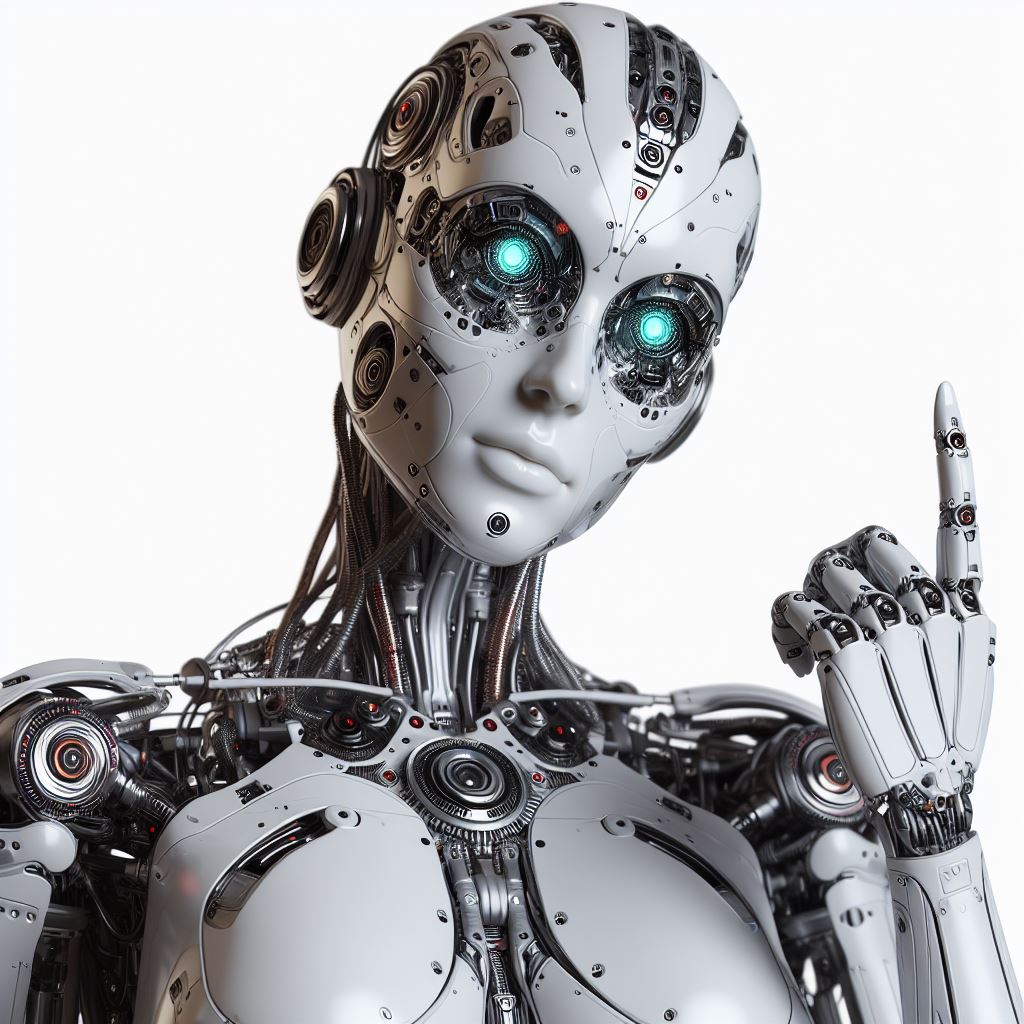The automotive industry is experiencing a significant transformation, and one of the key driving forces behind this change is data science. From improving vehicle safety to optimizing production lines, data science is helping car manufacturers and service providers enhance efficiency, innovate, and provide a better experience for drivers and consumers. In this article, we’ll explore how data science is reshaping the automotive sector and why it’s an essential part of the future of cars.
1. Predictive Maintenance for Vehicles
One of the most notable ways data science is impacting the automotive industry is through predictive maintenance. Car manufacturers and service centers are using sensors and machine learning algorithms to monitor vehicle performance in real-time. By analyzing data collected from sensors installed in cars, data scientists can predict when parts are likely to fail or need maintenance. This predictive approach helps avoid costly repairs, ensures vehicles are safe and functional, and minimizes downtime for owners.
2. Enhancing Autonomous Vehicles
The development of self-driving cars is perhaps the most exciting application of data science in the automotive world. Autonomous vehicles rely heavily on large datasets and machine learning models to make decisions in real-time. These cars use cameras, radar, and other sensors to collect data from their surroundings, which is then processed using algorithms that help the car navigate, avoid obstacles, and even predict the behavior of other road users. Data science plays a critical role in making these systems more accurate and reliable, paving the way for safer and more efficient autonomous driving experiences.
3. Optimizing Manufacturing and Supply Chains
Data science isn’t just improving vehicles themselves; it’s also transforming the way cars are made. Manufacturers are utilizing data analytics to streamline production lines, reduce waste, and predict supply chain issues before they arise. By analyzing historical data and monitoring real-time conditions, automotive companies can adjust production schedules, forecast demand, and optimize inventory management. These improvements not only lower costs but also ensure that vehicles are produced more efficiently and meet the growing demand for new cars.
4. Personalizing Driver Experience
Modern vehicles come equipped with a range of data-generating features, from infotainment systems to smart sensors. Data science enables automakers to use this data to offer personalized experiences for drivers. For example, by analyzing driver behavior and preferences, vehicles can automatically adjust settings such as seat position, temperature, and entertainment choices. Additionally, data science can help design more intuitive interfaces and predictive navigation systems, providing a smoother, more enjoyable driving experience.
5. Improving Vehicle Safety
Safety is always a top priority in the automotive industry, and data science is playing a significant role in making vehicles safer. Through the analysis of accident data and vehicle performance, manufacturers can identify trends and potential risks. This information helps improve vehicle designs, enhance driver assistance technologies, and implement more effective safety features such as automated emergency braking and lane-keeping assistance. By continuously analyzing safety data, car manufacturers can reduce accidents, injuries, and fatalities on the road.
Conclusion
Data science is undoubtedly a game-changer for the automotive industry, offering solutions that make vehicles smarter, safer, and more efficient. As machine learning algorithms and big data continue to advance, the future of cars will be more connected and innovative than ever before. Whether it’s through predictive maintenance, autonomous driving, or personalized driving experiences, data science is helping to shape the next generation of automobiles.
5
